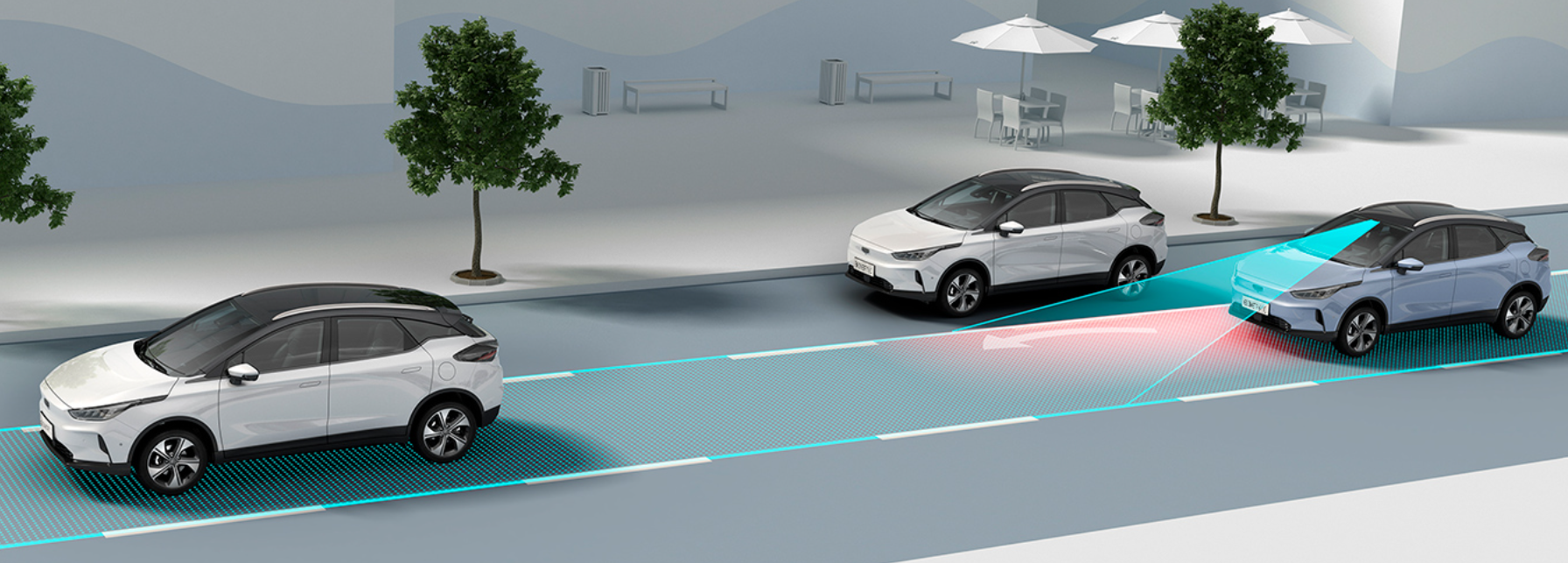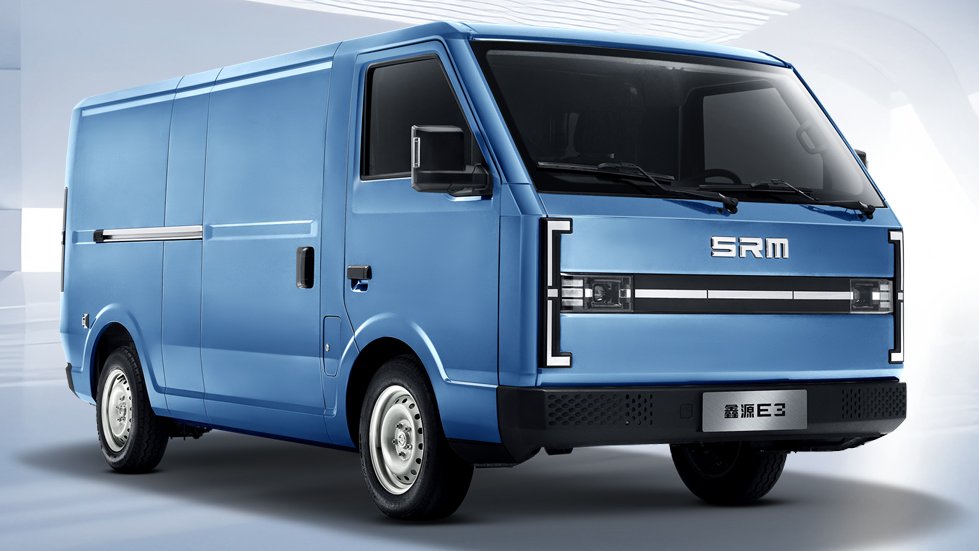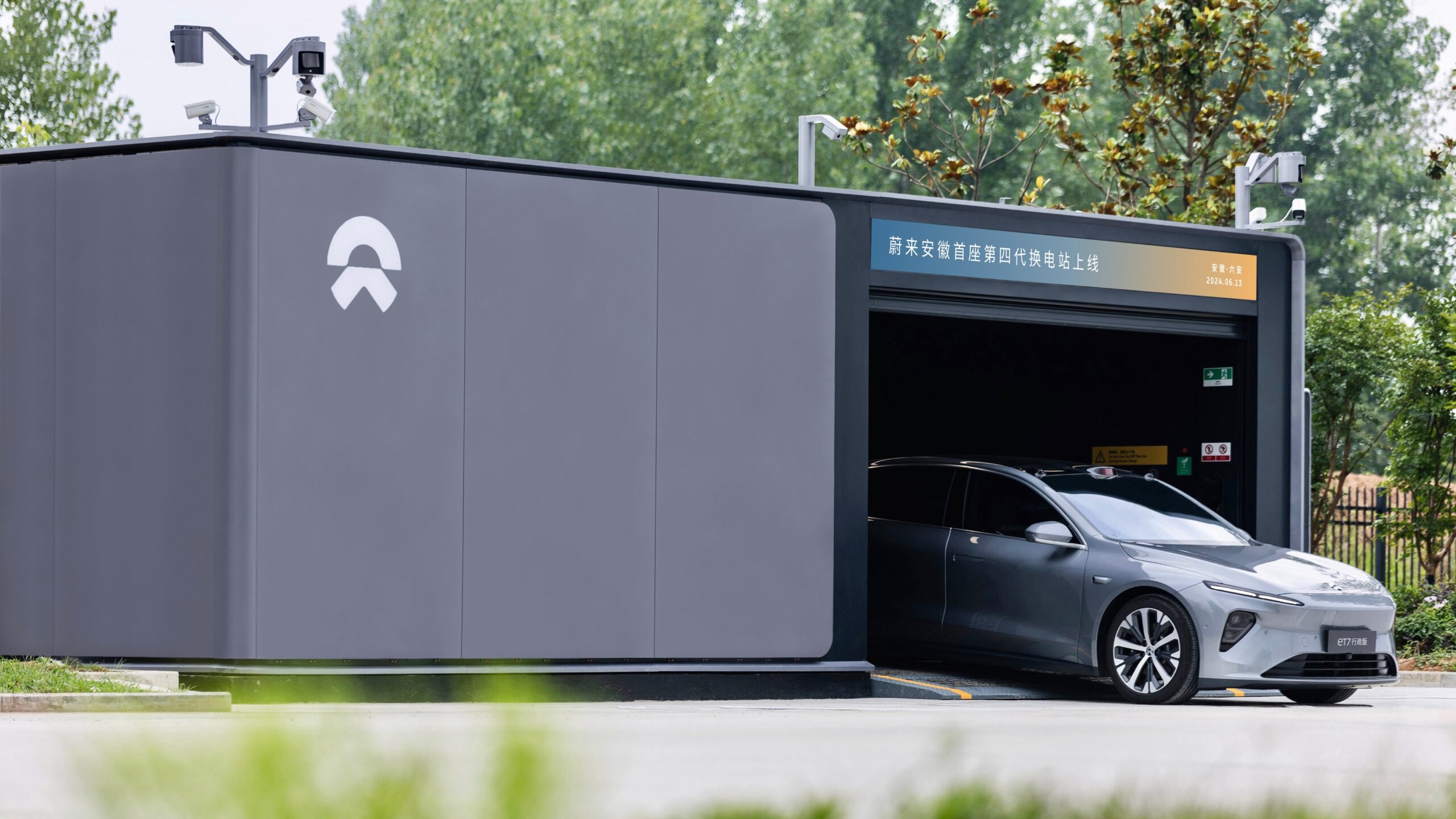The European Union (EU) is expected to impose import tariffs on Chinese electric vehicles (EVs) following an investigation into alleged subsidies provided by the Chinese government. This move, initiated by an anti-subsidy investigation in October 2023, aims to address concerns that these subsidies are distorting the market and giving Chinese EVs an unfair advantage over European manufacturers.
Key Points of the Investigation:
- Subsidy Concerns: The EU has gathered sufficient evidence suggesting that Chinese EVs are benefiting from significant state subsidies. These subsidies have allowed Chinese EVs to be sold at prices typically 20% lower than their European counterparts, which has led to a significant increase in Chinese EV imports to Europe.
- Market Impact: Chinese electric cars, including popular models like SAIC’s MG and Geely’s Volvo, have seen their market share in Europe grow to 8% in 2023, with projections suggesting it could reach 15% by 2025. This influx has put substantial pressure on European car manufacturers, prompting actions such as Renault’s plan to cut production costs by 40%.
- Possible Tariff Measures: The EU could impose provisional tariffs as early as July 2024, with retroactive tariffs potentially being applied from the date of customs registration. The investigation is set to conclude in November 2024, and if it confirms that Chinese subsidies are indeed causing market distortions, these tariffs could become permanent.
- Economic and Political Reactions: The announcement has already impacted the stock prices of both Chinese and European carmakers. Chinese EV producers like BYD, Nio, and Xpeng saw their shares drop following the news, while European manufacturers such as Volkswagen and Stellantis experienced brief gains. The investigation and potential tariffs have also raised concerns about a broader trade war between the EU and China.
- Strategic Objectives: The EU’s actions are part of a broader strategy to protect its automotive industry and ensure fair competition. EU Commission President Ursula von der Leyen emphasized the importance of this move to avoid repeating past mistakes, such as those seen in the solar panel industry, which was heavily impacted by cheaper Chinese imports.
Overall, the EU’s potential imposition of tariffs on Chinese EVs underscores the ongoing global trade tensions and the challenges of balancing market competition with protective measures for domestic industries. As this situation develops, it will be crucial to monitor the final outcomes of the investigation and the subsequent economic and political responses from both Europe and China.



